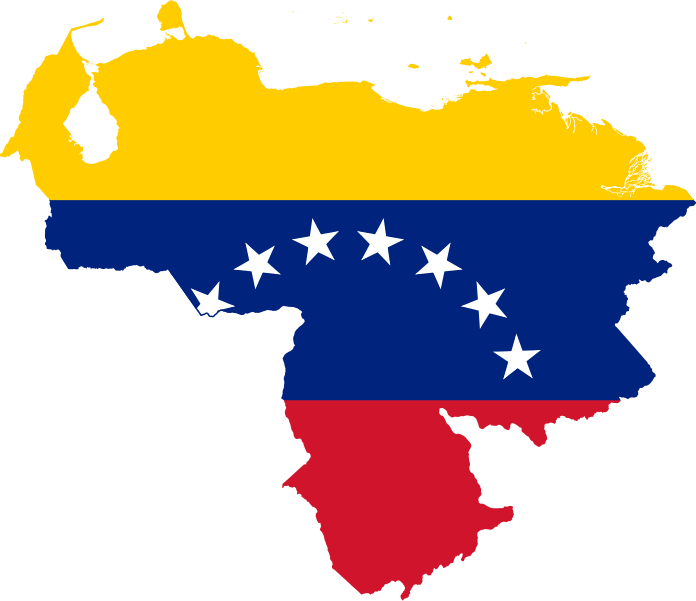News
Peaceful activists and campesinos of the “Movimiento Rios Vivos” were unlawfully obstructed by police in Ituango, Colombia on 8 September 2018 as they participated in the global “Rise for Climate” mobilisation.



















































